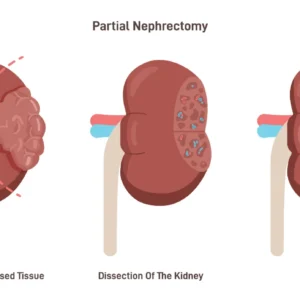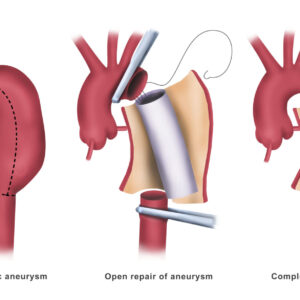Description
Familiarity with Treatment
Mini dental implants are smaller in diameter compared to traditional dental implants. They are used to support dental restorations, such as crowns, bridges, or dentures. The procedure involves the placement of the mini implants into the jawbone, providing stability and support for the prosthetic teeth.
Who is it Suitable for?
Mini dental implants are suitable for individuals who have lost one or more teeth and have limited bone density or insufficient space for traditional implants. They can be a viable option for individuals who are unable to undergo more invasive implant procedures or require immediate restoration of function and aesthetics.
Who is it Not Suitable for?
Mini dental implants may not be suitable for individuals with significant bone loss or those who require extensive dental reconstruction. Additionally, individuals with certain medical conditions or habits that can impair healing, such as uncontrolled diabetes, heavy smoking, or alcohol abuse, may not be suitable candidates for this procedure.
Advantages
- Minimally invasive procedure: The smaller size of mini implants allows for less invasive surgery, reducing discomfort and healing time.
- Immediate restoration: Mini dental implants can often support a temporary or permanent prosthesis immediately after placement, allowing for immediate restoration of function and aesthetics.
- Versatility: Mini dental implants can be used to support single crowns, bridges, or dentures, providing options for various tooth replacement needs.
Complications
- Infection: As with any surgical procedure, there is a risk of postoperative infections.
- Implant Failure: While dental implant success rates are generally high, there is a small risk of implant failure, including mini dental implants. Factors that can contribute to implant failure include poor oral hygiene, smoking, certain medical conditions, and inadequate bone support.
- Nerve and Tissue Damage: In rare cases, nerve damage or tissue damage may occur during the implant placement procedure.
Preoperative Care
Before undergoing mini dental implant placement, a comprehensive evaluation is performed by a dental professional. This may include a review of the patient’s medical history, dental examination, and imaging techniques (such as X-rays or CT scans) to assess the bone density and overall oral health. Preoperative care may also involve discussing the treatment plan, potential risks, and expected outcomes with the dental professional.
Postoperative Care
After mini dental implant placement, postoperative care may involve managing pain and discomfort, as well as following specific instructions provided by the dental professional. This may include taking prescribed medications, practicing good oral hygiene, and attending follow-up appointments to monitor the healing process. It is important to maintain regular dental check-ups and practice proper oral hygiene to ensure the long-term success of the mini dental implants.






Reviews
There are no reviews yet.